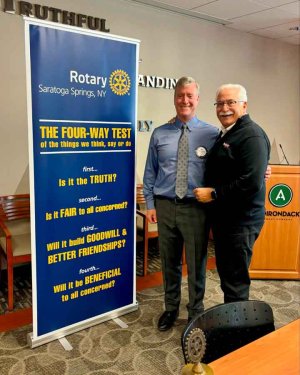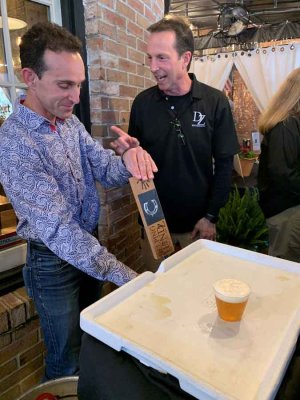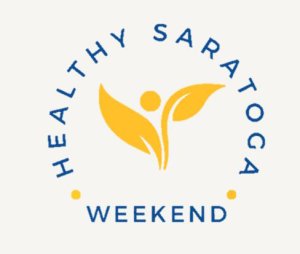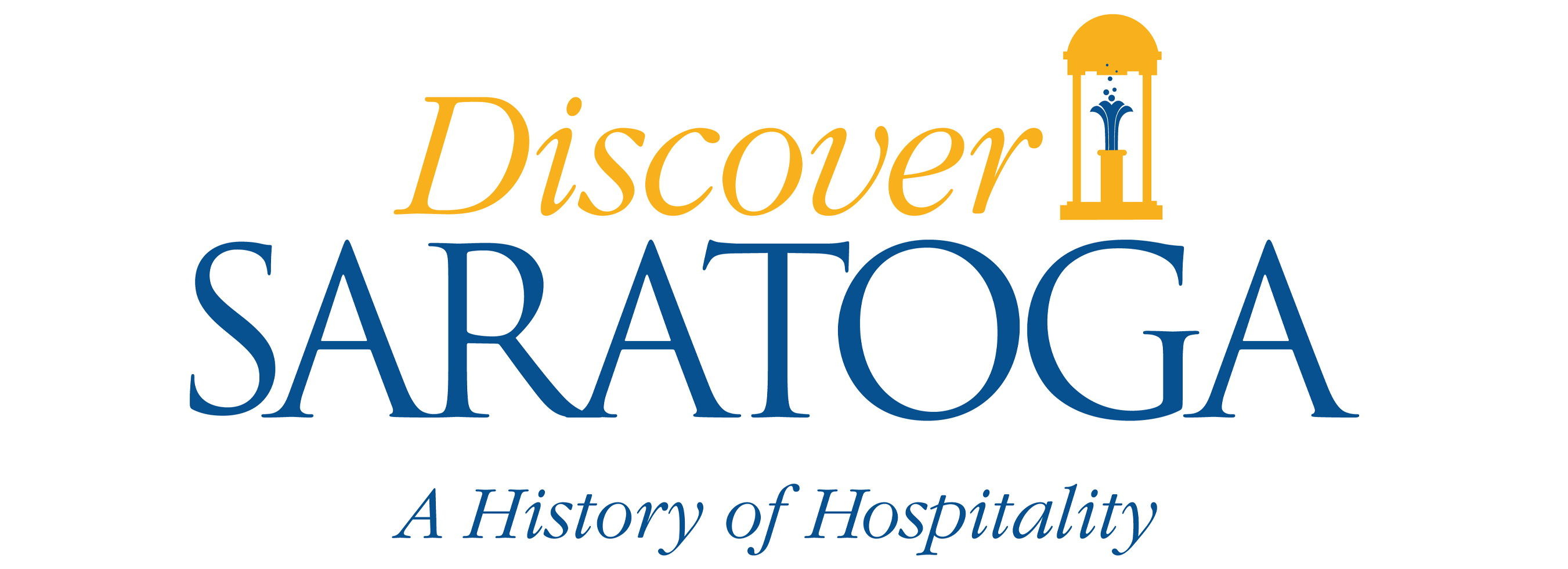Medical decision making, especially in times of crisis, can be fraught with challenges. If you are not able to make your wishes known at the time, your family may be put in the difficult position of making decisions for you without knowing what you would want. The situation will potentially get worse if family members disagree about what action to take.
To spare yourself and your family from these problems, it is wise to plan ahead for your medical decision making. The documents that should be part of that plan are a Health Care Proxy and a Living Will. In addition, based on your particular circumstances, it may be advisable to complete a Medical Orders for Life-Sustaining Treatment (MOLST) form.
What is a Health Care Proxy?
A Health Care Proxy is a legal document that allows you to appoint an individual, your “agent,” to make medical decisions for you. It only becomes effective in the event that you are no longer able to make those decisions for yourself. If that time comes, your Health Care Proxy agent will ensure that your individual wishes are conveyed to your health care providers.
Do I need a Health Care Proxy?
It is recommended that you have a Health Care Proxy. It allows you to have a trusted person be your voice in the event you are unable to make your own health care decisions. Everyone over the age of eighteen (18) should appoint a health care agent.
How do I choose a Health Care Proxy Agent?
Your agent should be someone you trust, for example a spouse, other family member, or trusted friend. You should choose someone that you believe will adhere to your wishes and instructions. A successor agent should be chosen in the event your primary agent is unable to act for any reason. It is imperative that you discuss your wishes regarding your care, clearly and in detail, with your agent.
What as a Living Will?
A Living Will is a legal document in which a person directs the types and duration of treatment, such as artificial nutrition, he or she would want to receive if ill and unable to communicate their wishes at the time of treatment.
Do I need a Living Will?
It is advisable, because if you do not have a Living Will, the decisions regarding your medical treatment may become a dispute between family members and doctors. Such a dispute may result in a judicial proceeding to determine your wishes. Having a Living Will increases the chances that the decisions made regarding your care will be consistent with what you want.
Do I need a living will if I already have a health care proxy?
A Living Will is different from a Health Care Proxy. It does not appoint an agent to make your decisions. It serves as a way to express in greater detail the types of decisions you would want your Health Care Proxy agent to make.
What kind of wishes should I address in my Living Will?
You should address whatever is important to you regarding your health care decision making. For example, people often describe their wishes regarding the administration of artificial hydration and nutrition, their religious beliefs regarding illness and death, and their thoughts regarding physician assisted termination of life.
How does a Living Will become valid?
There are no formal requirements for executing a Living Will. It is suggested that to be sure your Living Will constitutes “clear and convincing evidence” of your wishes, you should put your desires in writing, and sign and date the document in the presence of two witnesses.
What as a Molst?
A Medical Orders for Life-Sustaining Treatment (MOLST) form (NYS DOH-5003) is a medical order form printed on bright pink paper signed by a patient or their representative and a physician, nurse practitioner, or physician’s assistant. The MOLST form details the patient’s medical orders for life sustaining treatment.
How is a Molst different from a Health Care Proxy or Living Will?
The MOLST form is not intended to replace a Health Care Proxy or Living Will, and it is not generally completed as part of a person’s normal estate planning. Instead, it is often used in cases where a patient has serious health conditions, which potentially could result in their death within the next year.
What type of issues does a Molst address?
A MOLST form addresses whether the patient wants particular medical interventions or assistance, such as cardio-pulmonary resuscitation (CPR), intubation, transfer to a hospital, and artificially administered fluid and nutrition. If these interventions or types of assistance are not authorized, then medical providers would be directed to not provide them.
As part of proper estate planning, it would be advisable that you have a Health Care Proxy and Living Will. A MOLST form would likely not be necessary, unless you are facing serious health challenges that may result in your passing within the next year. These documents, along with a Power of Attorney, a Will, and/or a Trust are the basic components of a proper estate plan.
Matthew J. Dorsey, Esq. is a Senior Partner with O’Connell and Aronowitz, 1 Court St, Saratoga Springs.
Over his twenty-five years of practice, he has focused on the areas of elder law, estate planning, and estate administration. Mr. Dorsey can be reached at 518-584-5205, This email address is being protected from spambots. You need JavaScript enabled to view it. and www.oalaw.com




























 How to resolve AdBlock issue?
How to resolve AdBlock issue? 









